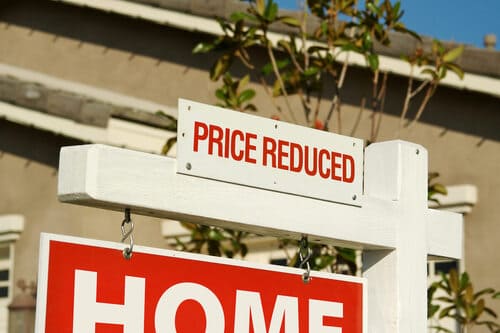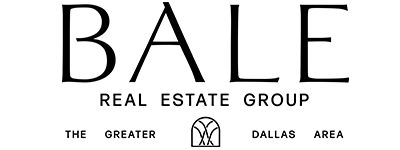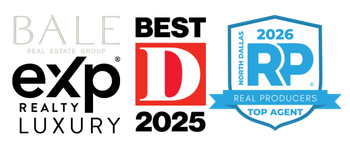 When selling a home, it can be tempting to set a high asking price with the hope of negotiating down later or capturing the maximum value possible. However, overpricing your house often leads to challenges that can cost you both time and money. Here are the key reasons why overpricing your home is a mistake you should avoid.
When selling a home, it can be tempting to set a high asking price with the hope of negotiating down later or capturing the maximum value possible. However, overpricing your house often leads to challenges that can cost you both time and money. Here are the key reasons why overpricing your home is a mistake you should avoid.
1. Reduced Buyer Interest
The real estate market is highly competitive, and buyers often conduct extensive online research before visiting homes in person. When your home is overpriced, it may not show up in search results for buyers who are looking within a realistic price range. This leads to fewer showings and a lack of interest from serious buyers, making it difficult to attract potential offers.
2. Prolonged Time on the Market
Overpriced homes tend to linger on the market longer than competitively priced properties. This extended market time can create a perception that there is something wrong with the house, even if it is in excellent condition. Buyers may assume that the home is undesirable or overpriced for a reason, and they may lose confidence in making an offer.
3. Lowball Offers
When a home is overpriced, even if it eventually attracts some interest, the offers you receive may be lower than you hoped. Buyers who are interested may see the inflated price as a starting point for aggressive negotiations, leading to offers far below your expectations.
4. Missed Optimal Selling Window
The first few weeks after listing a home are the most critical for attracting buyer interest. This is when the home is “fresh” and new to the market. If your home is overpriced during this period, you risk missing out on potential buyers who would otherwise be eager to make competitive offers. Once that window passes, re-listing at a lower price later may not generate the same level of enthusiasm.
5. Appraisal Issues
Even if you receive an offer at an inflated price, the sale is contingent on the home appraisal meeting or exceeding the agreed-upon price. If the appraisal comes in lower, the buyer’s lender may not approve the loan, causing the sale to fall through or forcing you to lower the price anyway. This can lead to additional stress and wasted time for all parties involved.
6. Opportunity Cost
Overpricing your home can result in lost opportunities. The longer your home stays on the market, the more carrying costs you may have, such as mortgage payments, taxes, and maintenance expenses. This means your net proceeds may be lower than if you had priced it correctly from the start.
7. Potential Damage to Your Reputation
Buyers and agents in your local market pay close attention to price changes and how long properties have been listed. If your home undergoes multiple price reductions, it may signal desperation to sell. This can reduce your negotiating power and harm your reputation as a seller.
How to Price Your Home Correctly
Pricing your home competitively from the outset is crucial for maximizing buyer interest and achieving a successful sale. Work with a real estate professional who understands the local market, conducts a comparative market analysis (CMA), and considers market conditions, neighborhood trends, and your home’s unique features. Their expertise will help you set a price that attracts serious buyers and ultimately yields the best possible outcome.
The Bottom Line
While it’s natural to want to get the most value out of your home, overpricing can lead to delays, frustration, and lower overall returns. By setting a realistic and market-driven price from the start, you increase your chances of selling quickly, smoothly, and at a fair value that aligns with buyer expectations.
Thinking of selling? Let our team at Bale Real Estate Group help you set the right price and maximize your home’s potential. Contact us today! 972-469-0332 or visit our website at https://balerealestategroup.com/

